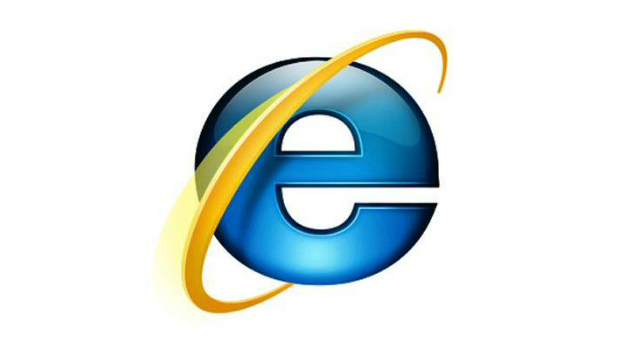Microsoft is phasing out support for what some might call ‘stale’ browsers, outdated versions of Internet Explorer that have been replaced with more modern alternatives.
After 12 January 2016, only the most recent version of Internet Explorer available for a supported operating system will receive technical support and security updates, Microsoft said. This means that for Windows Vista, for example, only Internet Explorer 9 will be supported. Given that Windows Vista will be the oldest OS to receive support, Microsoft will only allow three versions of its Internet Explorer browser to exist: IE9 (Vista, Windows Server 2008 SP2), IE10 (Windows Server 2012) and IE11 (Windows 7, 8, 8.1, and Windows Server 2008 and 2012).
Microsoft has struggled for years to kill off older browsers and operating systems. To date, Net Applications ranks Internet Explorer 8.0 – the default browser for Windows 7 – as the most popular Internet browser with 21% market share. (IE7, the default browser in Vista, holds only a 0.67% share.)
The reasons Microsoft has given for moving off of older browsers are relatively straightforward. For developers, supporting legacy browser features is time-consuming and can add cost. For consumers, older browsers also security risks. And for both, a more modern browser simply supports the latest Web standards.
“In today’s digital world, billions of people use Internet-connected devices, powered by cloud service-based applications, spanning both work and life experiences,” Roger Capriotti, the director for Internet Explorer, said in a blog post on Thursday. “Running a modern browser is more important than ever for the fastest, most secure experience on the latest websites and services, connecting anytime, anywhere, on any device.”
For those developers needing to test against older browsers or run legacy Web apps, Microsoft recommends that they use Microsoft’s Enterprise Mode, a tool that the company launched in April. Microsoft said Thursday that the company will continue supporting Enterprise Mode through 14 January 2020, at least on Windows 7, and will continue to improve its compatibility with older browsers.
For many consumers, this shouldn’t make a difference – after all, there’s really no reason not to upgrade to the most modern version of any browser. But it should help eliminate the fragmentation of Microsoft’s browser versions, once and for all.
The news comes as Microsoft announced it would be killing off its regular ‘Patch Tuesday’ updates for Windows8 and Windows 8.1 in favour rolling improvements. It has been rumoured that Windows 8 is due a large package of updates and tweaks but these will be released on a staggered basis instead of in massive standalone packages.
PCWorld








Subscribers 0
Fans 0
Followers 0
Followers